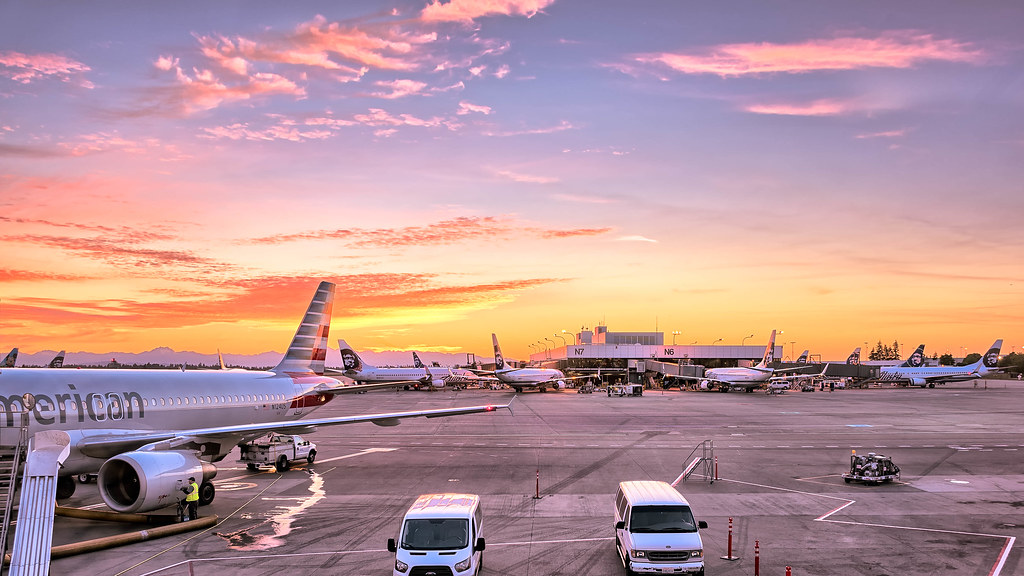A third of American travelers are concerned about coronavirus on domestic flights, according to a new study from the University of Florida.
Researchers found that 33% of American travelers surveyed thought domestic air travel should be avoided right now, up from 20% two weeks ago, said Lori Pennington-Gray, director of UF’s Tourism Crisis Management Initiative and a professor in the College of Health and Human Performance.
Sixty percent of travelers said coronavirus is a very frightening disease.
Although the vast majority of cases have been isolated to China, U.S. travelers are aware that 45,000 people worldwide have been infected by the virus. The overall impact to the U.S. travel industry is still unknown. On top of recent restrictions on Chinese tourists coming to the U.S., American travelers also are starting to alter their plans.
Just over half (55%) indicated their household thinks it is dangerous to travel internationally by air and are likely to avoid traveling due to the recent coronavirus outbreak. This is only a slightly greater number than two weeks ago where 52% indicated it was dangerous to travel internationally by air.
Data was gathered in online surveys of 550 U.S. travelers nationwide January 26 and 27 and 683 U.S. travelers February 7 to 9. The first study showed 20% of those sampled said that their chances of being exposed to coronavirus were high, while the later study indicates that number has doubled (40%).
Another finding from this study indicated that large theme parks were perceived as riskier (41%) than national parks (44%) or scenic attractions (45%) and should be avoided at this time. Given the attention to the closures of many tourist attractions in China, this feeling is not surprising.
Research on risk shows that tourists are more aware of the level of risk in various tourist areas and attractions due to information on social media channels and other online sources. In fact, more than half (52%) said they typically get information about travel from travel websites and almost 60% seek information from TripAdvisor. Slightly fewer use tourism organizations’ websites (41%) and a third seek information from Facebook (34%). Pennington-Gray recommends that tourists seek information on upcoming travel from several sources.
About the Tourism Crisis Management Initiative
The Tourism Crisis Management Initiative (TCMI) at the University of Florida is the only tourism focused academic crisis management institute in the world. TCMI develops research-driven solutions that address planning, preparedness, response, and recovery in local, state, and national tourism economies. For more information, see www.tourismcrisis.org.
Source:
Lori Pennington-Gray, director of UF’s Tourism Crisis Management Initiative and a professor in the College of Health and Human Performance

